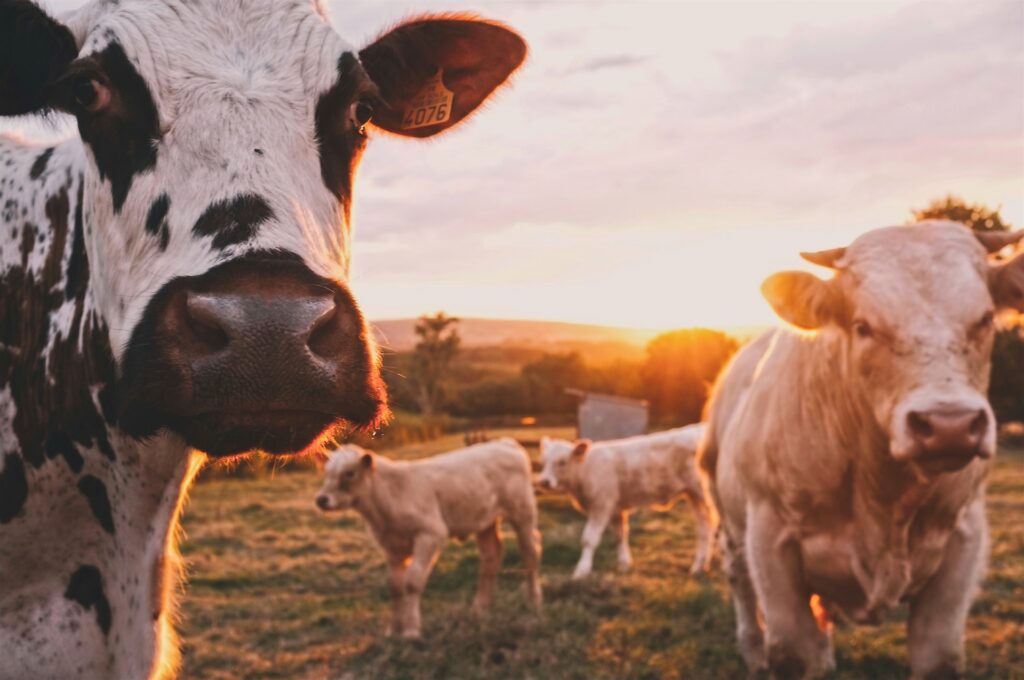When it comes to comprehending the realm of agriculture and its ecological consequences, a concept that has lately garnered substantial scrutiny is the “meat farms circular.” In this composition, we shall embark on an in-depth exploration of this subject, scrutinizing the essence of circular livestock farms, their methodologies, and their overarching repercussions.
Unveiling Circular Livestock Farms
What Exactly are Circular Livestock Farms?
Circular livestock farms epitomize a groundbreaking approach to ecologically sound and conscientious meat production. They are meticulously devised to curtail waste and optimize efficiency, ensuring the exhaustive utilization of every facet of the animal. These farms employ groundbreaking methodologies such as regenerative farming, composting, and recycling to establish a self-sustaining system.
Significance of Circular Farms
Circular livestock farms hold a profound significance on numerous fronts. Predominantly, they wield considerable influence in abating the environmental impact of conventional animal husbandry. By embracing sustainable measures, these farms alleviate the emission of greenhouse gases and diminish the requisites for deforestation and the excessive consumption of water. Furthermore, their objective is to provide a habitat for animals that is not only healthier but also founded on ethical principles.
The Circular Livestock Farming Process
A Glimpse into Circular Farms
Circular farms are founded upon the bedrock of sustainability and regenerative farming. They pivot on the harmonious fusion of animal husbandry and crop cultivation, formulating a mutually beneficial ecosystem. By affording animals the liberty to graze and enrich the soil with their fertilization, circular farms nourish the earth and mitigate the necessity for chemical fertilizers.
Sustainable Animal Rearing
In circular livestock farms, animals are accorded the utmost care and empathy. The emphasis is squarely on providing them with a habitat that is in harmony with their innate disposition and devoid of stress. This humane orientation not only enhances the well-being of the animals but also results in meat of a superior quality.
Merits of Circular Livestock Farms
Ecological Advantages
One of the most prominent merits of circular livestock farms is their constructive influence on the environment. These farms abate the emission of greenhouse gases, confine pollution, and preserve the reservoirs of water. By assimilating these methodologies, circular livestock farms make a significant contribution to the salubrity of the planet.
Healthier Meat Options
Consumers are displaying an escalating concern regarding the standard of meat they partake in. Circular livestock farms provide a resolution by provisioning meat devoid of noxious chemicals and adjuncts. This engenders options for meat that are more salubrious and secure for consumers.
Conclusion
Circular livestock farms epitomize a sanguine and sustainable evolution within the sphere of meat production. By assimilating these methodologies, we are not only diminishing our ecological footprint but also ensuring a more healthful and compassionate approach to nurturing animals for consumption. As consumers, we bear the capability to instigate change and lend our support to circular livestock farms in their mission towards a more sustainable tomorrow.

